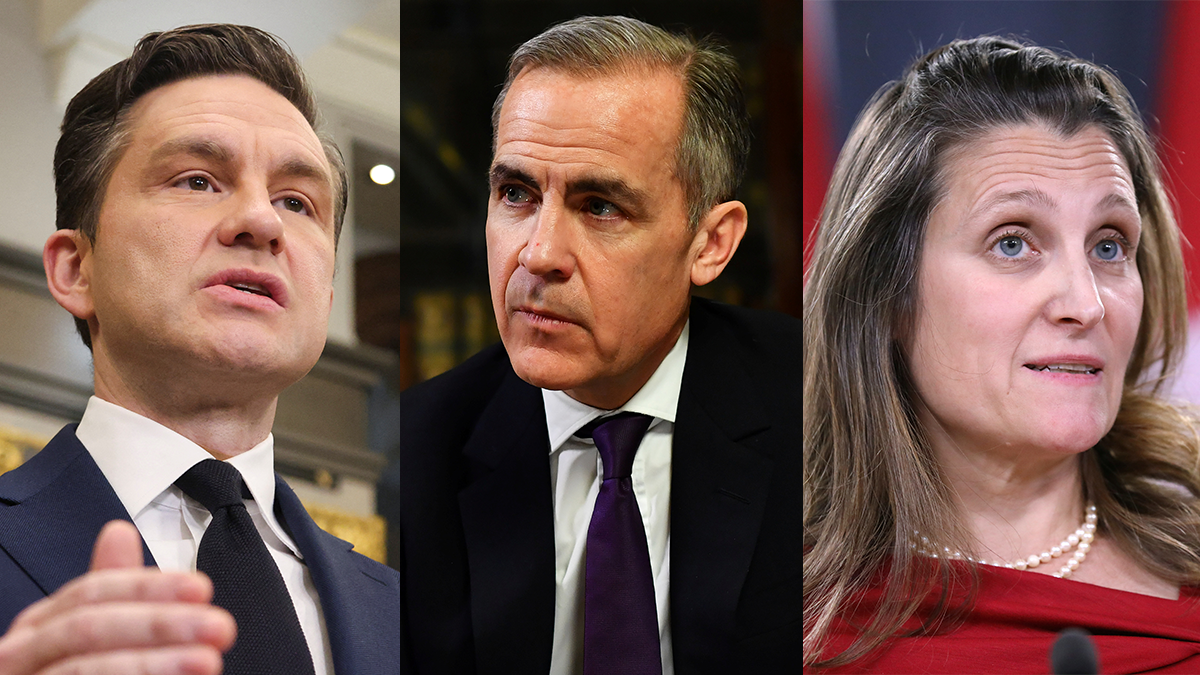Before Trump makes a serious move on tariffs, Canadian Liberals are to choose a new leader, who will face Conservative leader Pierre Poilievre in an election soon after. At that point, Canadians will decide who should manage the country – and its difficult new relationship with its southern neighbor.
All the polls show Poilievre with a decisive lead, but issue polling is giving the Liberals faint hope that they might turn things around.
Prime Minister Justin Trudeausaid Tuesday that Canada would respond with a “very strong” dollar-for-dollar retaliatory package. A poll from Ipsos for Global News finds that 82% of Canadians agree that Canada should retaliate. Conservative leader Pierre Poilievrehas said Canada should do so, but his position is more delicate, since about half of Canadian Conservatives like Trump.
He is demanding that Trudeau recall Parliament so that MPs can debate tariffs and other elements of the response. Trudeau won’t do that because Poilievre would move a non-confidence vote, which could send Canadians to the polls in the middle of a Liberal leadership race.
The
same poll that showed support for retaliatory tariffs found that three-quarters of Canadians want an immediate election, but they will have to wait. Voters in Ontario will likely get the chance to express their views sooner as Premier
Doug Ford is
expected to call an election there as early as next week. He hopes to capitalize on his Captain Canada image and lock down votes before the federal election scrambles electoral preferences.
